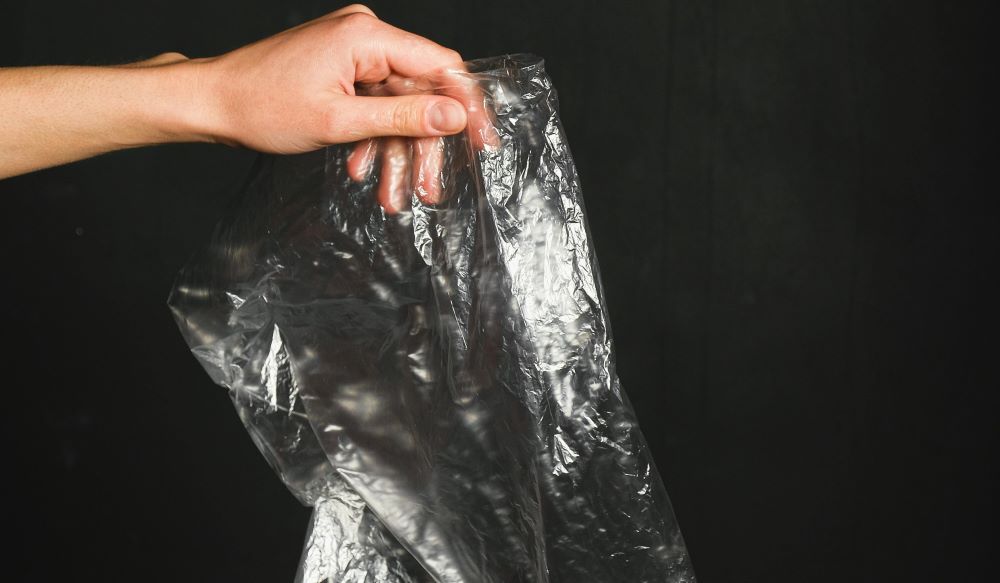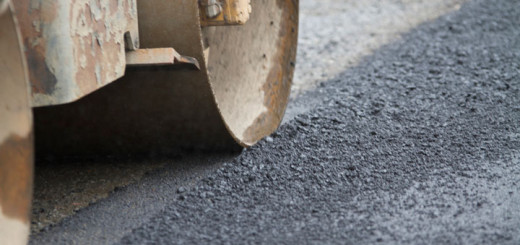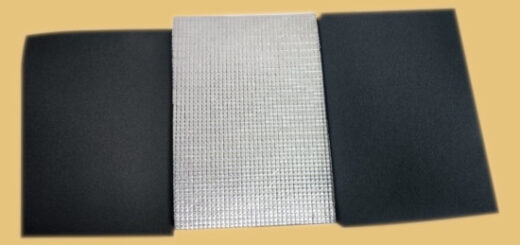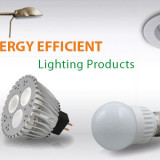Biodegradable Plastics v/s Compostable Plastics
Plastics are everywhere! From your morning coffee cup to the packaging of your online shopping spree, plastics make life convenient. But there’s a catch—traditional plastics are made from petroleum, and they stick around in the environment for centuries. Enter the eco-friendly duo: biodegradable plastics and compostable plastics. If you’ve ever wondered what these terms really mean, you’re in the right place! Let’s break it down in a fun, easy-to-understand way.
What Are Bioplastics?
Bioplastics are a type of plastic made from natural, renewable sources like plants, cornstarch, or even algae. Unlike traditional plastics derived from fossil fuels, bioplastics aim to reduce environmental impact by cutting carbon emissions and promoting sustainability.
Types of Bioplastics:
Biodegradable bioplastics: These are both bio-based and capable of decomposing under the right conditions (e.g., PLA—polylactic acid).
Compostable Bioplastics: These bioplastics take biodegradability a step further. They break down into non-toxic components that enrich the soil when processed in a composting environment.
Think of bioplastics as a step toward sustainability, but not all of them are as green as they sound.
Comparison Table: Biodegradable vs. Compostable Plastics
This table highlights their similarities and key differences to help you choose the right eco-friendly option!
| Feature | Biodegradable Plastics | Compostable Plastics |
|---|---|---|
| Definition | Break down into natural elements (e.g., water, CO₂, biomass) with the help of microorganisms. | Decompose into nutrient-rich compost in specific environments. |
| Material Sources | Typically made from renewable resources like cornstarch or sugarcane. | Made from organic materials such as starch, cellulose, or biopolymers. |
| Decomposition | May take varying amounts of time and require specific conditions (e.g., heat, moisture). | Requires composting facilities or proper home compost setups to break down. |
| End Product | Can leave some residues like microplastics if conditions are not ideal. | Breaks down into non-toxic, nutrient-rich compost. |
| Environmental Impact | Reduces long-term plastic waste but may still have limitations in effectiveness. | Completely eco-friendly if composted properly, enriching soil. |
| Disposal Requirements | May degrade in natural environments but more effective in industrial composting. | Must be disposed of in composting systems for full benefits. |
| Certifications | May not always have certifications or standards for biodegradability. | Typically certified (e.g., ASTM D6400, EN 13432) to ensure proper composting properties. |
| Examples | PLA (Polylactic Acid), PHA (Polyhydroxyalkanoates). | Compostable coffee pods, food packaging, utensils. |
Impact: Why Do These Differences Matter?
Switching to eco-friendly plastics sounds like a no-brainer, but the truth is, the environmental impact depends on how we use and dispose of them.
Biodegradable plastics: Offer potential for reduced waste, but only in controlled environments.
Compostable plastics: Have the lowest environmental impact when disposed of correctly.
The real challenge is educating consumers about proper disposal and creating the infrastructure to handle these materials effectively.
Challenges with Disposal
Lack of Facilities: Compostable plastics need industrial composting, which isn’t widely available.
Recycling Contamination: Mixing these plastics with traditional ones can disrupt recycling processes.
It’s a classic case of good intentions meeting real-world complications.
Recommendations
So, what’s the takeaway? Here are some tips to be an eco-warrior in the plastic revolution:
Reduce First: The best plastic is no plastic. Opt for reusable items whenever possible.
Know Your Plastics: Read labels carefully. Look for certifications like “home compostable” or “industrial compostable.”
Dispose Responsibly: Learn about local composting and recycling options.
Spread the Word: Share your knowledge and inspire others to make greener choices.
Let’s Create a Greener Future Together
Adopting eco-friendly practices isn’t about perfection—it’s about progress. Each small change you make, whether it’s carrying a reusable water bottle or choosing compostable plastics, adds up. Together, we can make a big difference for our planet. So, what’s your next eco-friendly swap? Contact us today—we’d love to hear your ideas!
































